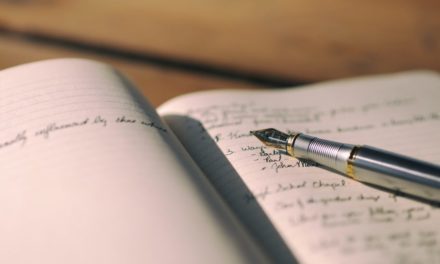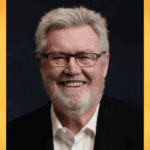Writing a novel is a scary prospect. They’re so long and winding, they can seem never-ending. The main obstacle might seem to be starting – the terror of the blank page – but the real stumbling block lies elsewhere. There is no reason in the world why you can’t write a novel and the only thing stopping you from doing so is yourself. It seems such an insurmountable task and, in any case, you might ask yourself, why would anyone be interested in what I have to say? Who am I to have a voice?
It is this lack of self-belief that is the main hindrance. It is the first thing any aspiring author has to get to grips with every time they sit down to write.
Pushing yourself hard like this can be a bewildering experience, painful even. Good writing isn’t about describing the world around you, it’s about creating something out of nothing. Both went on to write books that were bestsellers.
No matter how well you plan a novel beforehand, it is in the act of writing itself that the best ideas usually present themselves.
“One must not seek, one must wait,” said the French painter Jean-Baptiste Camille Corot. When writing, you are placing yourself in the white heat of creativity. It is a very special place to be and you should organise yourself and your life to stay there for as long as possible.
Don’t worry what others think. You are writing for yourself.
Self-doubt can be crippling. It is a nagging voice saying that your work is terrible. When that happens, the thing to do is to push that voice outside the room and close the door. Hard to do, so make a point of doing it. You must protect yourself and your space, because writing your first novel is a very precious process. This is the time to let the story flow out of you. A critical response to what you have done can come later.
Exposure is a great fear. What will my mother think? What will my friends say? The moment you start worrying about that, you’re doomed. The strange thing is that the more of yourself you put into your book, the more invisible you become. If you write half-heartedly, you will stick out like a sore thumb, but if you commit fully and be true to yourself about what you want to say, no one will notice.
The first person you are writing for has to be yourself. So don’t worry what anyone else thinks. They don’t matter.
Don’t write for approval, write because your story has taken you hostage and won’t stop bothering you until you have written it. And don’t write for money, either – do it because you care passionately about the story you have to tell. Readers will sense that passion. It’s why they read books.
Try to write from your stomach, not your head or heart. Don’t be too much in love with your idea and don’t overthink it. Good ideas for novels need to come from somewhere deep inside oneself. Wait until you have a good gut feeling about it and then have a go. Try to remain neutral about your book. If you wake up every morning convinced you are writing a book of great beauty, chances are you’re not. Leave your book’s beauty to others – that’s their job. Your job is to concentrate on the simple ABCs of storytelling. Your task isn’t to learn many techniques, but to learn the simplest techniques perfectly. If you can master that, the difficulty of writing becomes a bit easier, that ease slowly becomes habit and out of that habit grows beauty.
When you are in the middle of writing your first draft, it’s like standing in a stream. You can’t see the current, but you can feel it. This is the story flowing out of you and you should follow it. This is good work. You have found the sweet spot, the wormhole, into your story.
All the novels you want to write are already written. They already exist inside you in a preverbal, rhythmic, motor place in your body. The trick is to find a way of tapping into them. Getting to this place can be elusive. Sometimes it happens early on in the writing process, sometimes very late; but once you find it, your story will flow out of you in a natural, organic way. Once you find the sweet spot, your story will flow out of you
While you’re writing, your progress is not easy to measure. It’s a case of three steps forward and two back. But you have to keep going, no matter what. Never look back. Keep moving forward, like a military manoeuvre. If you do, the process becomes more familiar, and therefore less scary.
Pretty soon, if you stick to your daily targets, six months will have gone by and you will have a first draft. Finishing a first draft is the hardest part of writing a novel, so that moment is a huge achievement for anyone who manages it.
It is also important to finish a draft because, if you do, it means you will have dealt with all that self-doubt and come out the other side. “There,” you’ll say, “I did it.” And if you did it once, you can do it again, and next time you will have much more tenacity and resilience just when you need it. No one can ever say if your book will be any good – all writing is a leap of faith – but there is a power in letting go and taking risks.
The playwright Edward Albee said that if you are willing to fail interestingly, you tend to succeed interestingly, too, which is true.
Will it be easy? No. Will it be worth it? Yes. The greater the risk, the greater the reward. Best of all, in finishing a first draft, you will have given yourself permission to call yourself a writer. Writing is all about confidence and that kind of confidence can never be taught, only ever learned. It will vanquish all foes and, with it, you can do anything.
Source: https://www.theguardian.com/lifeandstyle/2018/jul/29/know-thyself-by-writing-your-first-novel










